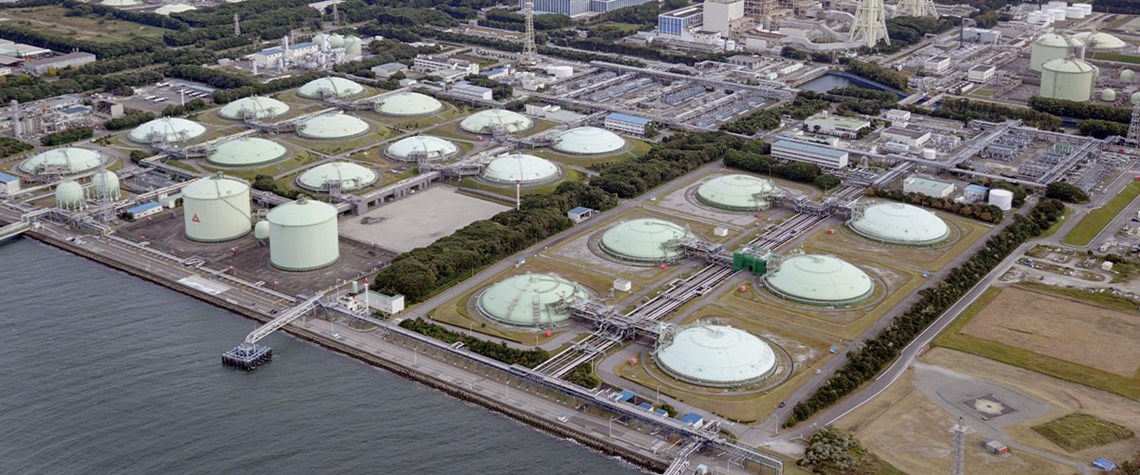Japan and South Korea promise little immediate LNG market relief
East Asia’s power sector use may be poised to shrink from 2023, but demand for the fuel is expected to remain strong this year
LNG demand in Japan and South Korea—respectively the world’s largest and third-largest importers—will remain robust for the rest of 2022, offering little short-term respite to a global LNG market constricted by current and potentially future reductions in Russian output and other supply niggles. But imports could begin to slide next year, as greater nuclear availability and coal combustion combine to reduce gas’ role in the power mix. Unseasonably hot weather in the two countries this summer has supported peak power demand—including from gas-fired power generation—as households and offices crank up their air conditioning. Japanese LNG imports reached 37.54mn t in the first half of 2022, admi

Also in this section
30 July 2025
Owing to social, political and geographical factors, Canadian LNG projects are a complex proposition versus competing facilities on the US Gulf of Mexico.
29 July 2025
The EU’s Russia sanctions could have far-reaching implications for India’s Vadinar-based refinery
29 July 2025
There is a good strategic case for China to sign a deal for gas supplies via the proposed Power of Siberia 2 pipeline, but Beijing’s concerns over over-dependency on a single supplier and desire to drive down the price make it relatively unlikely that a contract will be finalised this year.
29 July 2025
EU industry and politicians are pushing back against the bloc’s green agenda. Meanwhile, Brussels’ transatlantic trade deal with Washington could consolidate US energy dominance.








